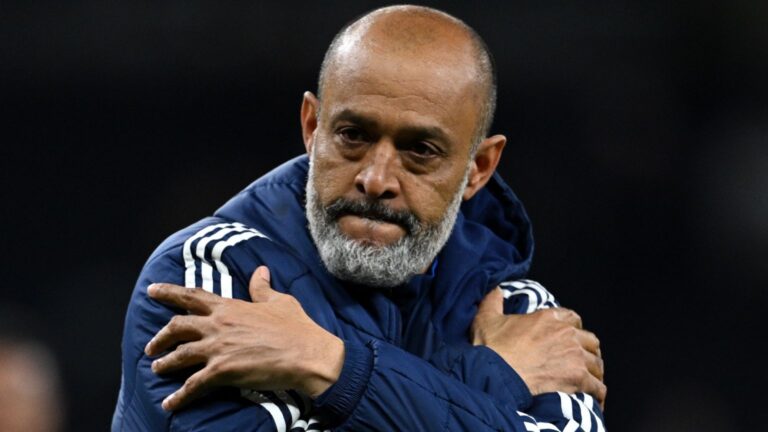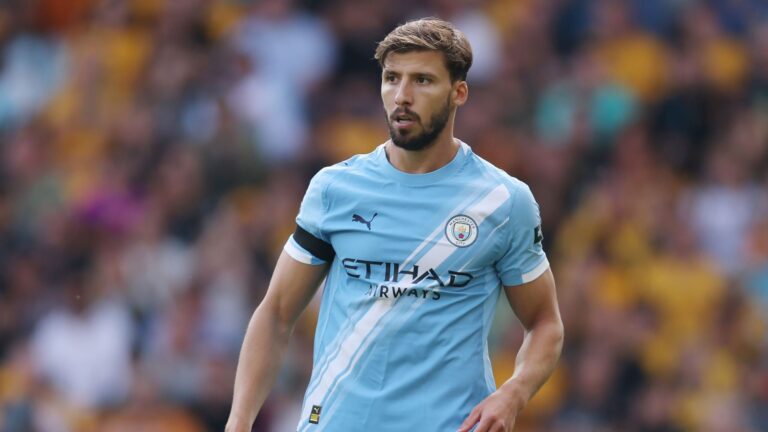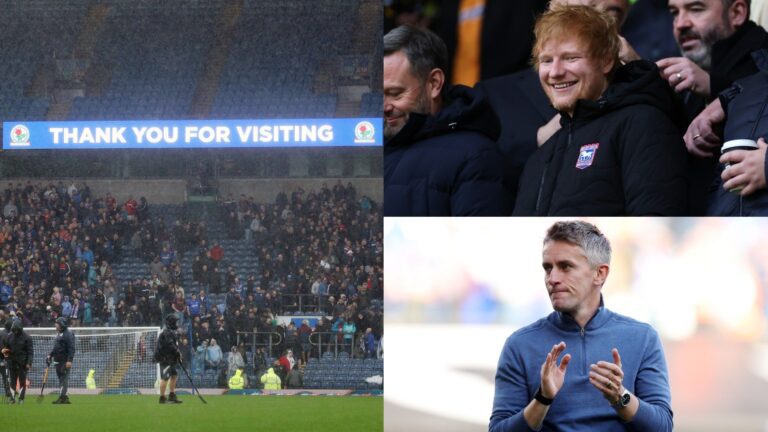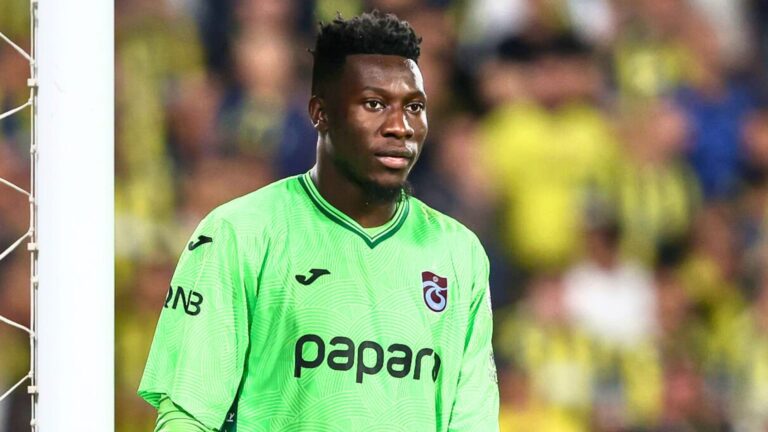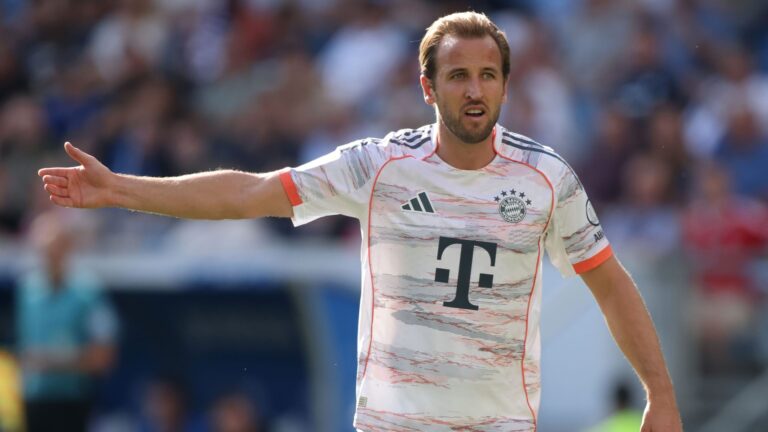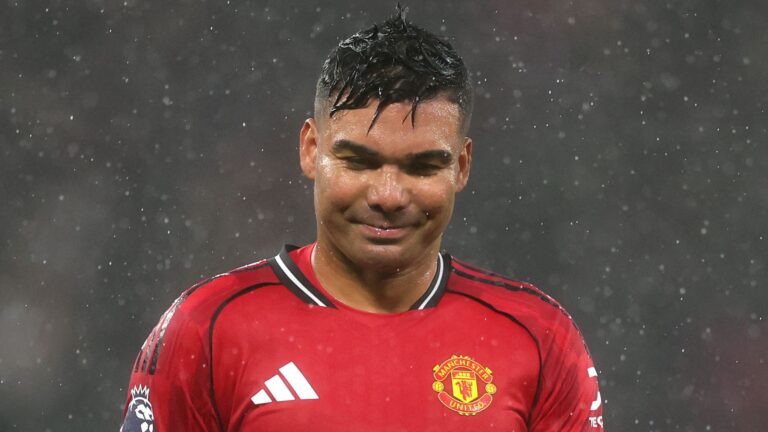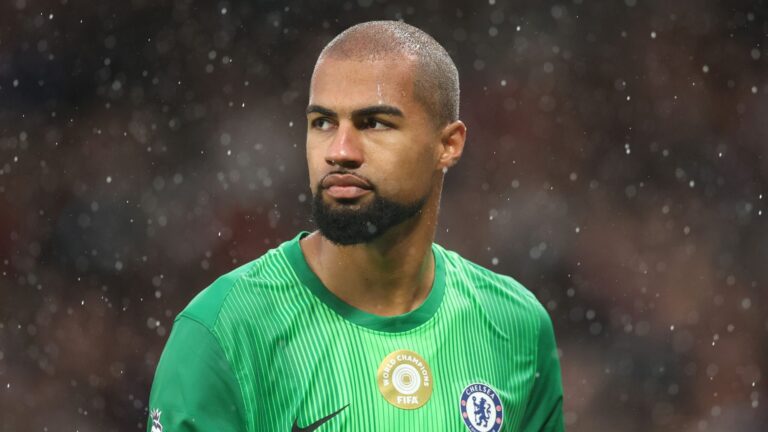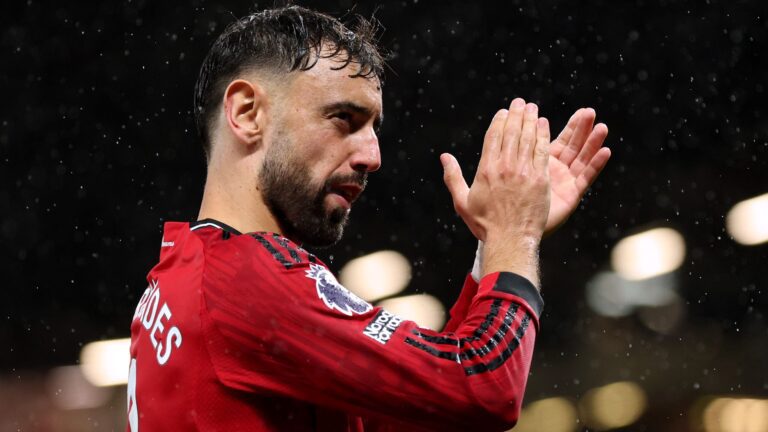Harry Kane Defends Career Move Amid Michael Owen’s Critique
In a bold career shift that has sparked debate among football enthusiasts, Harry Kane left Tottenham Hotspur for Bayern Munich in 2023, seeking new challenges and success. This decision, scrutinized by former stars, highlights the personal sacrifices athletes make for professional growth, ultimately leading to triumphs on the continental stage.
- Terminated his contract with Tottenham Hotspur during the summer of 2023
- Secured the Bundesliga championship in the 2024-25 season
- Openly justified his move away from the Premier League



The Pushback from a Premier League Legend
Ex-Liverpool and England forward Michael Owen has voiced strong reservations about Kane’s transition to German football. On the Rio Ferdinand Presents podcast, Owen praised Kane’s lethal finishing skills but labeled the move as unwise, pointing to potential disruptions like uprooting his family from established routines in England. He argued that Kane was close to etching his name as the Premier League’s all-time top scorer, suggesting that staying put might have yielded greater long-term rewards compared to chasing titles abroad.
Owen’s Perspective on Risks and Rewards
Owen elaborated that if Kane was eager for accolades, waiting another season in England could have aligned with breaking records, much like how dominating a less competitive league might feel hollow. He compared it to relocating to a club like Celtic for routine victories, emphasizing that true legacy lies in Premier League milestones, which Kane was on the cusp of achieving despite not clinching major honors during his tenure.
Kane’s Rebuttal and Personal Reflections
In response, Kane acknowledged Owen’s views, recognizing him as a formidable figure in both the Premier League and for England. However, Kane stressed that individual career paths vary greatly, with motivations shaped by unique circumstances. He clarified that his choice wasn’t solely about adding trophies to his collection but about sustaining high-level competition to extend his peak performance years.
Seeking New Horizons for Growth
Kane explained that the move aimed to keep him at the forefront of elite football, involving intense matches in the Bundesliga, Champions League, and even the Club World Cup. Recent updates show Kane has netted 91 goals in just 100 appearances for Bayern, including a German Super Cup triumph in the following season. This evolution has pushed his skills further, with statistics from the 2025-26 campaign indicating he’s on track to surpass previous benchmarks, now only 47 goals away from Alan Shearer’s Premier League record of 260.
Future Prospects and Speculation
As speculation swirls about a potential comeback to English football or a surprising transfer to Barcelona, Kane remains focused on his current form. With Bayern’s ongoing dominance in Europe, experts predict he could add another Bundesliga title in 2026, reflecting how such decisions often lead to sustained excellence rather than regret. This strategic shift underscores the evolving nature of professional sports, where players like Kane prioritize holistic development over immediate familiarity.
Understanding Harry Kane’s Transfer to Bayern Munich
When Harry Kane made the high-profile move from Tottenham Hotspur to Bayern Munich in the summer of 2023, it sparked widespread discussion among football fans and pundits alike. This decision, seen as a significant step in his career, involved leaving behind his life in England for the challenges of the Bundesliga. What added fuel to the fire was former England striker Michael Owen’s public critique, which focused on how Kane’s choice might impact his children’s education. As a top athlete, Kane’s prioritization of professional opportunities over family stability became a hot topic, highlighting the personal sacrifices often made in elite sports.
This transfer wasn’t just about football; it represented a broader conversation on work-life balance for high-profile individuals. Kane, known for his dedication and goal-scoring prowess, emphasized that his move was carefully considered. In interviews, he addressed Owen’s comments directly, stressing that family needs were factored into the equation. Keywords like “Harry Kane Bayern Munich transfer” and “children’s education in athlete moves” frequently surface in discussions, underscoring the intersection of personal and professional life in sports.
The Core of Michael Owen’s Criticism
Michael Owen, who himself navigated the pressures of a football career, voiced concerns in media appearances about Kane’s decision. He argued that uprooting a family, especially young children, for a career move could disrupt their schooling and social development. Owen pointed out that while Bayern Munich offered Kane a chance to win trophies and compete at a higher level, the long-term effects on his kids’ education might not be worth it.
This critique touched on broader issues in professional sports, such as how athletes like Kane balance international relocations with family responsibilities. Terms like “Michael Owen Harry Kane critique” and “priorities in football transfers” gained traction online, as fans debated whether career advancement should always take precedence. Owen’s points were valid, drawing from his own experiences with moves between clubs, but they also ignited a response from Kane that clarified his perspective.
Harry Kane’s Detailed Response to the Critique
In response to Owen’s comments, Harry Kane was forthright and defensive in several post-match interviews and social media posts. He explained that his family was fully on board with the move to Bayern Munich, emphasizing that they had explored options for his children’s education in Germany. Kane stated, “We’ve made sure that our kids are settled and have access to great schools here. It’s not an easy decision, but it’s about what’s best for all of us in the long run.”
Kane’s reply highlighted the importance of communication and planning in such decisions, countering the notion that he was being reckless. He also pointed out the benefits of exposing children to new cultures and educational systems, which could enrich their lives beyond what a UK-based education might offer. This exchange brought keywords like “Harry Kane response to critique” and “balancing career and family in sports” into sharper focus, as it showed how athletes handle public scrutiny.
Benefits of International Moves for Athletes and Families
While the criticism was pointed, there are undeniable benefits to moves like Kane’s that can positively affect family life. For instance, relocating to a club like Bayern Munich can provide children with bilingual education opportunities and exposure to diverse cultures, fostering personal growth. Athletes often find that such moves lead to better financial security, which in turn supports enhanced educational resources for their families.
In Kane’s case, the stability of a top-tier club might mean more family time during off-seasons, despite initial disruptions. Practical tips for athletes considering similar moves include:
- Research educational options early: Look into international schools and curricula that align with your child’s needs.
- Involve the family in decisions: Discuss the pros and cons openly to ensure everyone feels included.
- Seek professional advice: Consult relocation experts or family counselors to ease the transition.
These benefits extend beyond Kane, offering lessons for other sports professionals navigating career shifts.
Case Studies of Similar Athlete Decisions
Looking at other footballers provides context to Kane’s situation. For example, Cristiano Ronaldo‘s multiple international transfers, including to Juventus and Al-Nassr, involved similar family adjustments, yet his children adapted well, attending prestigious schools abroad. Another case is Kylian Mbappé, who stayed in France for family reasons despite lucrative offers elsewhere, showing the varied approaches athletes take.
In Jude Bellingham’s move to Real Madrid, he prioritized career growth while ensuring his support system remained intact. These case studies illustrate that, like with Kane, outcomes depend on individual circumstances, reinforcing keywords such as “athlete family decisions” and “education impact in transfers.”
First-Hand Experiences from Athletes on Career Choices
Drawing from interviews and autobiographies, many players share first-hand experiences that echo Kane’s stance. Former England captain Gary Lineker, for instance, discussed how his moves abroad enriched his family’s worldview, even if it meant temporary educational changes. Kane himself has mentioned in podcasts that his children are thriving in Germany, learning new languages and making friends, which has made the move worthwhile.
These accounts underscore that prioritizing a career move isn’t always at odds with family needs; it’s about strategic planning. Experiences from players like Owen himself, who faced relocation challenges, add depth, showing that with the right support, such decisions can lead to positive outcomes. This real-world insight helps demystify the debate around Harry Kane’s choices and offers relatable advice for aspiring athletes.


